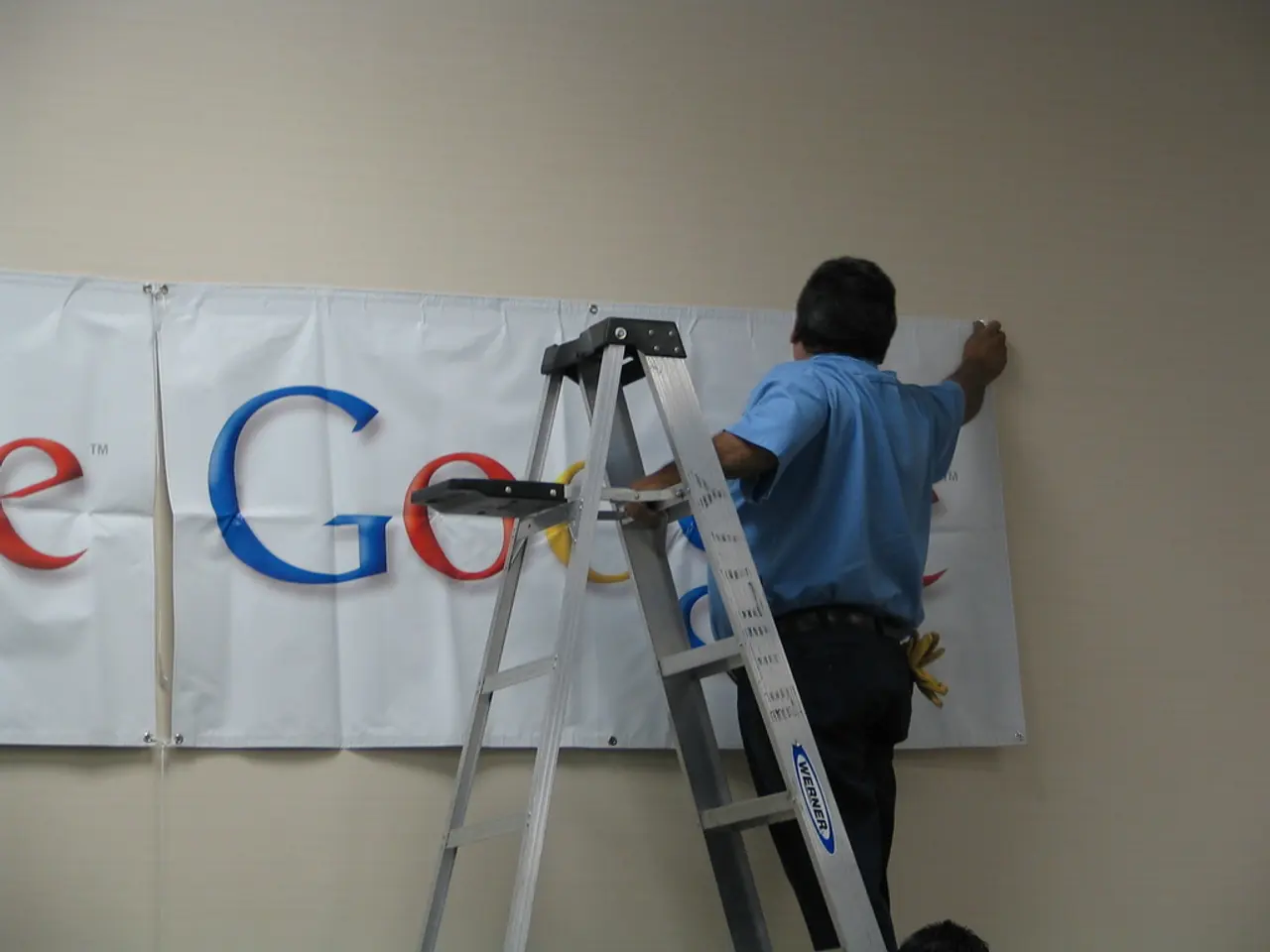Google's Gemini Model Broadens Its Presence on Oracle's Cloud Platform
The latest development in the world of artificial intelligence (AI) sees Google's Gemini model now available on Oracle Cloud, expanding its reach beyond Google's exclusive orbit and into broader business environments. This integration has significant implications for enterprise AI adoption, multicloud strategies, and business value for technology decision makers.
Simplified Access to Advanced AI Models
The integration allows Oracle customers to access Google's advanced AI models, starting with Gemini 2.5, through Oracle Cloud Infrastructure (OCI) Generative AI service. This simplifies the adoption process by enabling customers to leverage their existing Oracle Universal Credits to get started with Gemini models immediately.
Versatile AI Agents for a Wide Range of Use Cases
The collaboration enables businesses to build AI agents for a wide range of use cases, including multimodal understanding, advanced coding, software development, workflow automation, and research and knowledge retrieval. This versatility accelerates AI innovation by providing customers with advanced AI tools that can enhance their existing workflows, leading to faster development and deployment of AI applications.
A Seamless Multicloud Experience
The partnership offers a seamless multicloud experience by integrating Oracle databases with Google Cloud's AI and analytics capabilities. This integration supports Oracle's multi-cloud strategy and provides customers with flexibility in deploying AI solutions across different cloud environments.
Flexibility and Choice in AI Deployment Strategies
The integration offers customers greater flexibility and choice in their AI deployment strategies, allowing them to leverage the strengths of both Oracle and Google Cloud platforms. This flexibility can lead to more efficient and effective AI solutions tailored to specific business needs.
Faster Insights for Technology Decision Makers
The partnership enables technology decision makers to develop new AI applications and gain faster, more comprehensive insights through integrations with Google Cloud services like BigQuery and Looker. This can provide a competitive advantage by accelerating innovation and driving transformation.
Embedding AI into Existing Workflows
The integration of Gemini models into Oracle Fusion Cloud Applications allows technology decision makers to embed AI into their existing workflows more easily, reducing barriers to AI adoption and enhancing business productivity. For instance, financial data processed inside Oracle databases can be queried and augmented through chat interfaces powered by Gemini, facilitating rapid insights for finance teams.
AI-Powered Document Understanding in Supply Chain Management
The new integration also allows for AI-powered document understanding to be embedded directly into supply chain management workflows. This can lead to improved efficiency, accuracy, and speed in managing complex supply chain operations.
Continued Investment and Updates for Optimal Performance
Model performance in multimodal or industry-specific scenarios depends on continued investment and the cadence of updates from Google. Therefore, businesses should be aware of these updates to ensure their AI solutions remain optimal.
A Divergence from Hyperscale Cloud Vendor Strategies
The Gemini-Oracle partnership represents a divergence from the strategies of other hyperscale cloud vendors, which have pursued exclusive or in-house AI model partnerships. This opens up new opportunities for businesses looking for a multivendor approach to their AI needs.
Ensuring Compliance with Regulations
Customers need to ensure compliance with privacy, data residency, and sector-specific regulations, as models process potentially sensitive enterprise data across different cloud domains.
Streamlined Procurement and Reduced Operational Friction
Oracle's approach emphasizes BYO-credits, where customers can use Oracle Universal Credits to pay for Google AI, streamlining procurement and reducing operational friction for large organizations.
Accelerating AI Prototyping and Reducing Time-to-Value
Integrating advanced multimodal models that support text, image, audio, and code into enterprise data can accelerate AI prototyping and reduce time-to-value for automation initiatives.
Building AI Agents for Business Process Automation
Enterprises can now build AI agents that handle business process automation, data enrichment, and workflow integration based on Gemini's advanced language and multimodal reasoning.
Software Development Assistance within Oracle's DevOps Environments
Gemini's large context windows are now leveragable for software development assistance within Oracle's DevOps environments. This can lead to improved efficiency and productivity in software development projects.
A Multi-Vendor Strategy for Oracle's Customers
Oracle has partnered with multiple AI vendors, including Cohere and Meta's Llama family, representing a multi-vendor strategy for its customers. This strategy provides businesses with a wide range of AI tools and solutions to choose from, based on their specific needs and requirements.
Embedded AI Features in Future Oracle Fusion Cloud Applications
Gemini-augmented features will be embedded into future Oracle Fusion Cloud Applications, such as HR, finance, and supply chain solutions. This will further enhance the functionality and capabilities of these applications, providing businesses with more powerful tools to manage their operations.
Consuming Gemini Models Natively within the Oracle Cloud Infrastructure
Oracle's cloud customers can now consume Gemini models natively, not just as an external API, as part of the Oracle Cloud Infrastructure Generative AI suite. This integration provides a more seamless and efficient experience for businesses using these advanced AI tools.
Read also:
- Detailed Assessment of Sony's RX100 VII Camera Model
- Sony Digital Camera RX100 VII Examination
- Ford Discontinues Popular Top-Seller in Staggering Shift, Labeled as a "Model T Event"
- 2025 Witnesses a 27% Surge in Worldwide Electric Vehicle Sales, Despite Opposition to Electrification Policies in the U.S.




